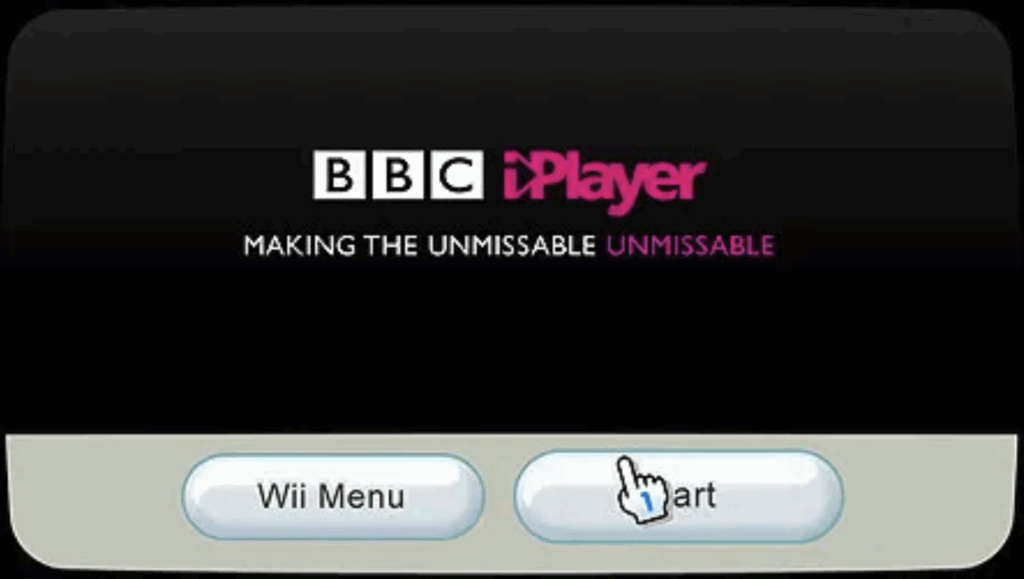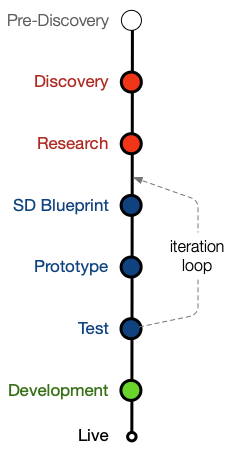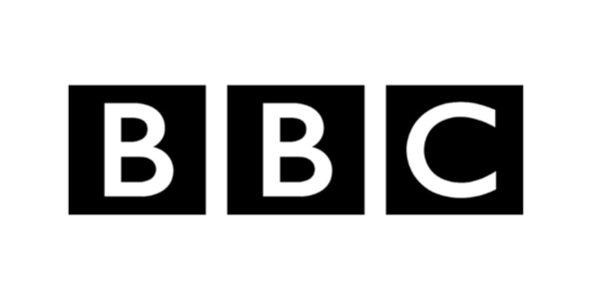iPlayer for Nintendo Platform.
The British Broadcasting Corporation (BBC) is the UK’s national public service broadcaster and one of the world’s most respected media organisations. Funded primarily by the licence fee, it operates under a Royal Charter with a remit to inform, educate and entertain audiences across the UK and globally. Its services span television, radio, digital platforms, and the World Service, reaching hundreds of millions of people each week in multiple languages.
The BBC’s activities extend well beyond broadcasting: it manages vast archives, delivers trusted journalism worldwide, supports the UK’s creative industries, and provides critical services such as emergency broadcasting. Operating across the UK and internationally, the BBC must balance editorial independence, technological innovation, financial accountability, and public trust while adapting to rapidly changing audience behaviours.
In recent years, this has meant expanding its reach beyond traditional broadcast into new digital services — bringing live coverage and on-demand content to multiple platforms through innovations such as the BBC iPlayer. This drive to extend accessibility and transform the audience experience formed the backdrop for the project.

Challenge:
The BBC was in the midst of transforming its services to meet rapidly changing audience expectations for on-demand, digital-first access to content. Having launched BBC iPlayer successfully on desktop and other platforms, the corporation sought to expand its reach into gaming platforms – making programmes available wherever audiences wanted them.
One of the most ambitious steps in this strategy was delivering iPlayer on the Nintendo console, a platform with unique technical, design, and interaction constraints. Unlike desktop or mobile environments, the platform relied on motion-based controls, bespoke browser technology, and limited processing capacity. The challenge was to re-architect iPlayer for a gaming platform in a way that preserved its full content offering, provided a seamless user experience, and could be modularised for use across the wider Nintendo ecosystem.
The BBC needed a solution that not only delivered technically, but also aligned with its digital ecosystem, accessibility standards, and brand promise. This required balancing complex business requirements, broadcast rights, and platform integration with a consistent, intuitive user experience for a diverse audience base – from children to older viewers – accessing live and on-demand content through a non-traditional device.

Approach:
I set out to architect an integrated version of the BBC iPlayer for the Nintendo platform, designed to be modular so it could scale across the wider Nintendo estate.
The work began with a UX discovery phase, examining both sides of the integration: the existing iPlayer software capabilities and libraries, and the Nintendo operating system and technology environment. This included an assessment of security, communications, display rendering, control schemes, and data storage to ensure the solution could function reliably within the the Nintendo platform’s unique constraints.
To ground the solution in real use, we carried out stakeholder interviews and user research with BBC engineers, Nintendo developers, and end users. We developed user types and user journeys that captured mental models, needs, and practical use cases, then tested these directly with engineers and users to assess both technical and experiential feasibility.
We translated insights into functional prototypes, which were iteratively refined through usability testing and thematic analysis. With support from Nintendo, prototypes were tested directly on their hardware, allowing us to adapt interaction patterns to the realities of the platform. Findings were captured as user stories and backlog items, ensuring the development team had a clear, prioritised pathway to build from.
This structured, iterative approach aligned user expectations, technical realities, and BBC strategic goals, resulting in a validated, functional prototype ready for full-scale development.

Outcomes and Value:
We delivered a comprehensive UX research report and a fully validated functional prototype that addressed all user journeys — both happy and unhappy paths — with clarity and consistency. These were translated into a complete set of functional user stories with acceptance tests, forming a prioritised Agile backlog for development.
The solution was architected as a modular design, enabling scalability across the wider Nintendo estate and ensuring alignment with the BBC’s broader digital ecosystem. Working closely with Nintendo engineers, the platform was tested directly on hardware to validate technical feasibility, accessibility, and performance.
The BBC iPlayer for Nintendo Wii launched on time, without issues, and received strongly positive user feedback. By extending iPlayer to a family-oriented gaming console, the BBC widened access to on-demand and live content for new audience segments — particularly younger users and households where the Wii was a primary shared device. Compliance with accessibility standards further ensured inclusivity for diverse users.
Beyond the successful launch, the project demonstrated the BBC’s capacity to innovate beyond traditional broadcast and desktop platforms, reinforcing its leadership in digital media. The work delivered not just a functioning product, but a reusable architecture and service model that could support the BBC’s long-term strategy of making its content available seamlessly across multiple digital platforms.
- Adoption / usage rates: 22% of Nintendo owners installed iPlayer within 6 months of launch. *
- Engagement levels: Average viewing time per Nintendo user increased by 7% compared to desktop. *
- User satisfaction: 73% positive feedback in user surveys / Nintendo store ratings. *
*customer supplied data
Testimonial
N/A
Product Owner –

